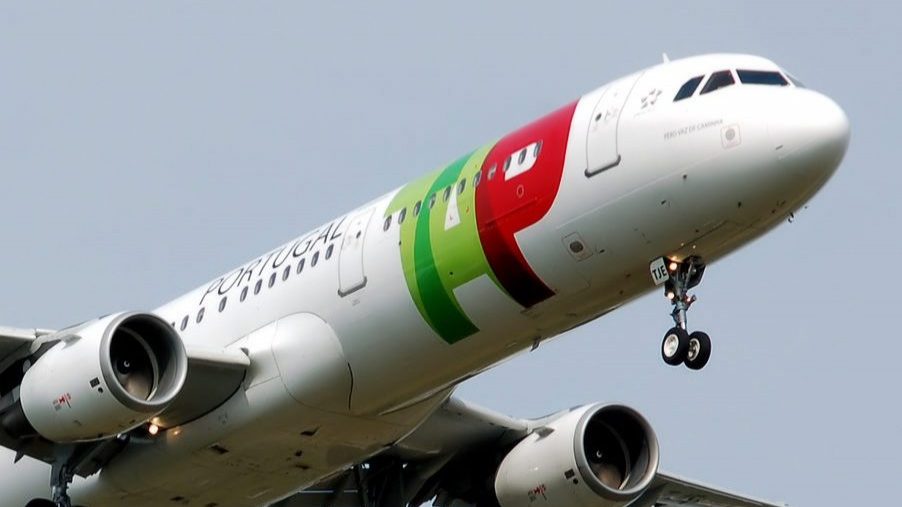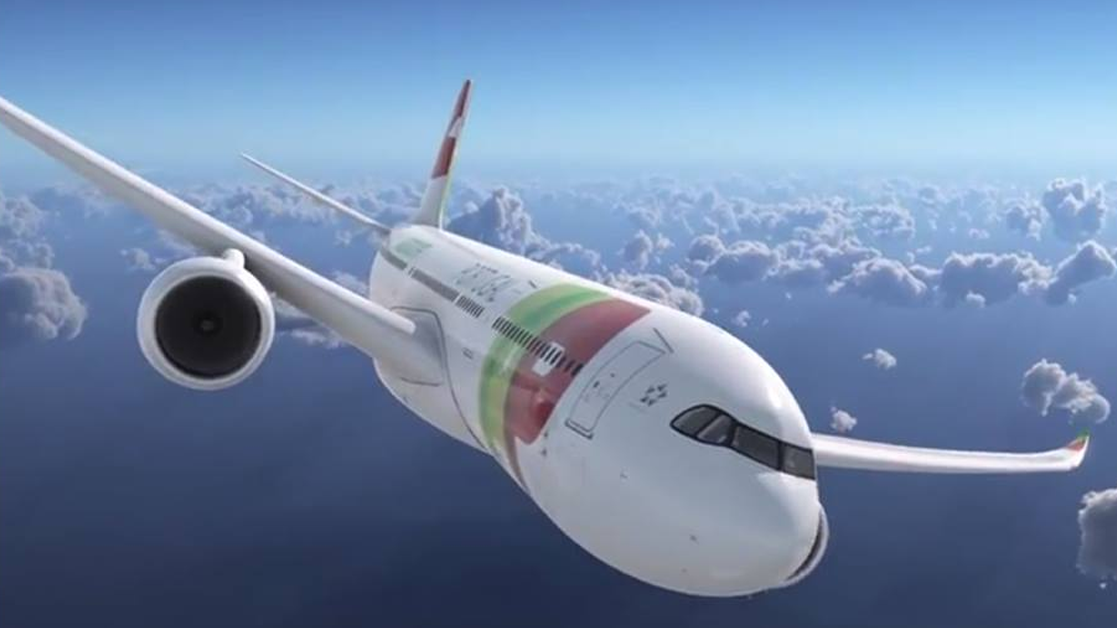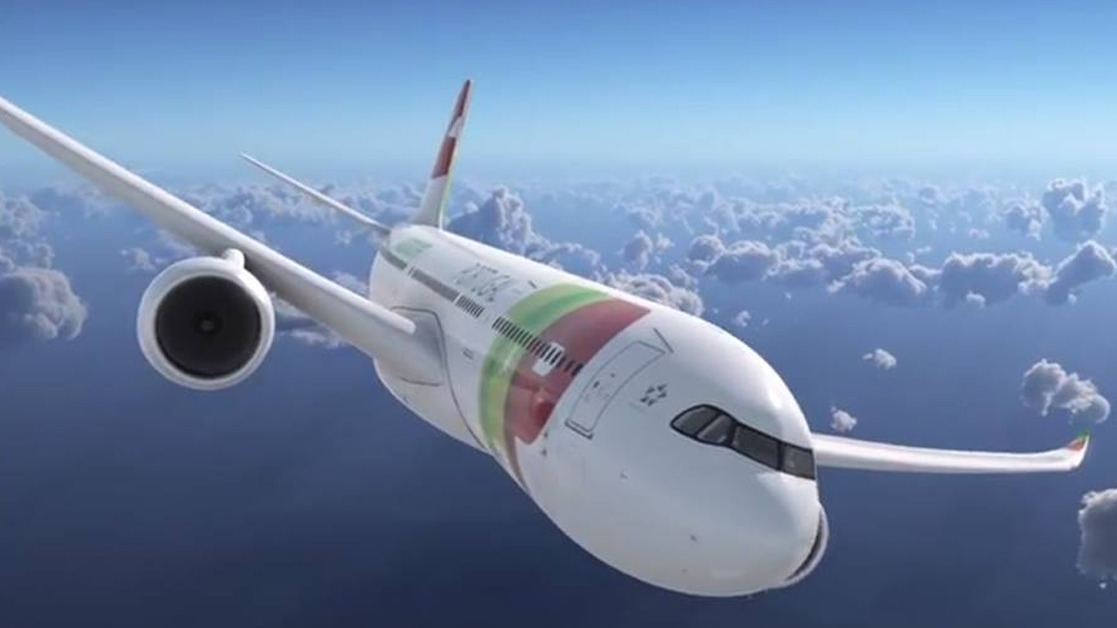Government considers loan convertible into shares to TAP
TAP already needs 350 to 400 million euros, Humberto Pedrosa told ECO. The Government admits nationalization, but is studying other solutions for financing the company.
Prime Minister, Finance Minister and Economy Minister repeat that the nationalization of TAP is a possibility, in a kind of warning to private shareholders, Atlantic Gateway, by David Neeleman and Humberto Pedrosa, about what is already obvious to everyone: TAP needs 350 million euros to 400 million euros of financing in the short term, to meet its commitments until the end of the year, Humberto Pedrosa told ECO, and the loan with State guarantee is the solution advocated. But the Government, the ECO knows, is leaning towards another alternative, the issuance of bonds convertible into shares as a middle way between the loan and the capital increase.
That TAP needs money, urgently, is no longer news, nor a source of division between the Government and Atlantic Gateway. What separates the Government and the private sector is how that money should get to the company. More debt or capital? Humberto Pedrosa considers that the nationalization of TAP would be a setback in restructuring and growth of the company, now with the entire fleet on the ground because of the pandemic of the new coronavirus. The Portuguese businessman guarantees that TAP needs a loan with State guarantee to stabilize this year’s accounts and, in 2021, after overcoming this crisis, open the discussion on a capital increase. But it opens the door to another solution, which is on the Government’s desk: “In my opinion, a loan [bonds] convertible into shares and accompanied by the entry of a manager appointed by the State in the executive committee would be welcome.”
The state owns 50% of TAP’s capital, through Parpública, and Atlantic Gateway owns 45%, while the workers own 5% of the shares. But the executive management of TAP is in the hands of the private sector and in particular Neeleman, who appointed the management team. The State is on the board of directors and has appointed the chairman, Miguel Frasquilho.
Humberto Pedrosa works, in practice, as the bridge between David Neeleman and the Government, estranged since the 2019 awards process and which, early this year, and even before the crisis, the American businessman with Brazilian nationality brought back to the public. And right in this process, it became clear to the Government that it did not have access to the information it wanted. Committees were created, but the basic problem remained, because the State did not appoint any executive director to the team led by Antonoaldo Neves.
Now, for the Government, there is an opportunity. After the heavy losses of 2018 and 2019, and with the crisis of the pandemic tinting the aviation business in full, TAP needs capital and it will be difficult for the private sector to secure its share. With an increase in capital, the stake of the private sector would be diluted, so the consequence would be nationalization.
The Government has, however, another solution up its sleeve, which can avoid direct nationalization. An issue of TAP bonds convertible into shares and taken by the State itself, and which counts for capital. At the same time, this mechanism would ensure that TAP did not increase the weight of the company’s debt with private investors, whether institutional or suppliers. In aircraft leasing alone, for example, TAP has to pay over 400 million euros per year. And the company’s own financing banks would continue to take precedence in the event of debt restructuring against this instrument. In fact, the nationalization has already reached investors who, months ago, bought bonds from the company precisely because of the fear of debt restructuring, since they would be among the first to pay the bill, after the shareholders.
One thing is certain: For the Government, if there is public money in TAP and there is no private money, the power has to change in the company. The minister in charge of TAP is Pedro Nuno Santos, but the key to the decision is in the hands of Mário Centeno, who now has other priorities. Meanwhile, the private shareholders want to speed up a decision, and later this week they will trigger contacts with the Government to pressure a decision.
David Neeleman himself is under pressure in other businesses. He has just announced to the market that he has sold part of his stake in Azul to pay off a personal loan that was secured by shares in that airline. Neeleman continues to control the company, but this operation reveals the restrictions the entrepreneur faces today to raise money.


